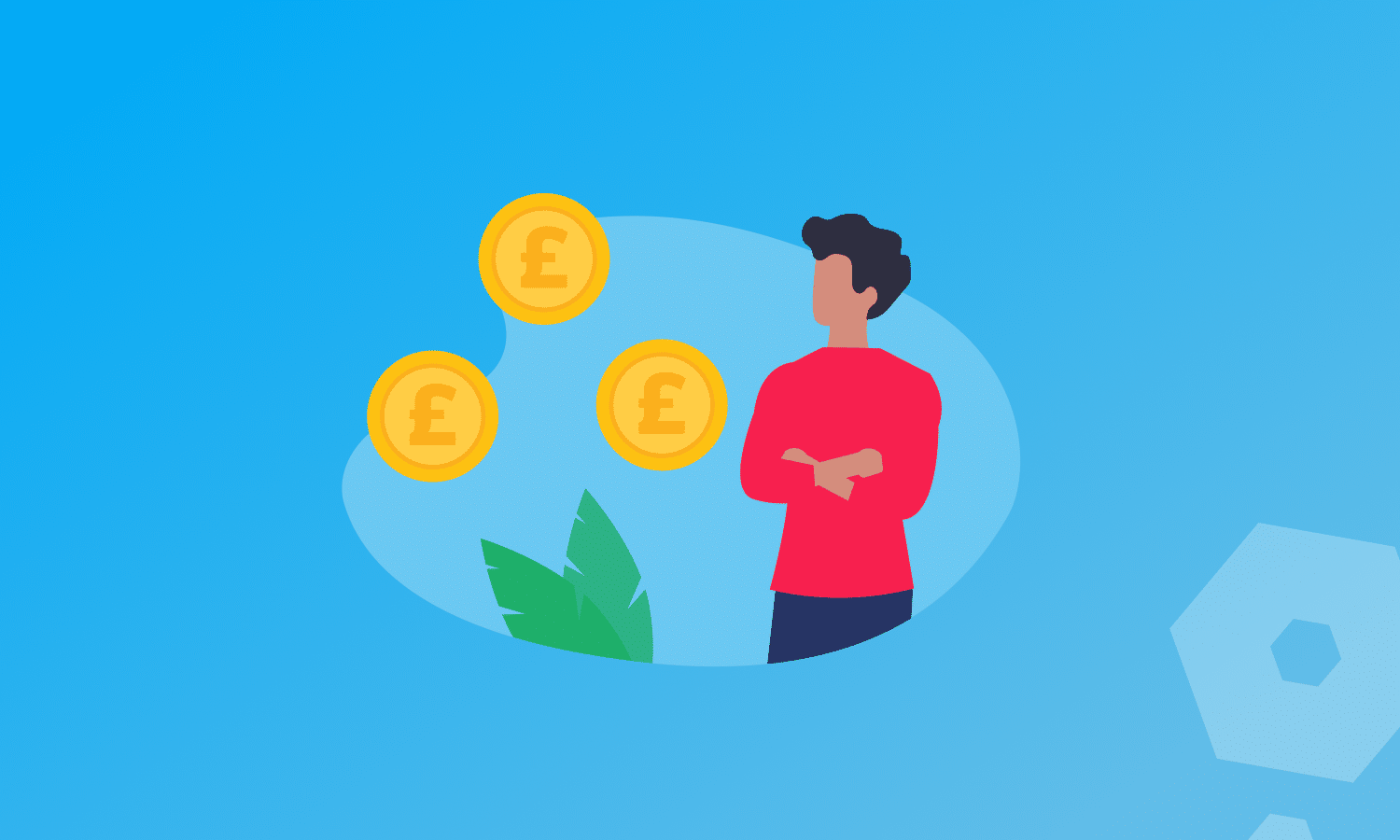Saying you’re a startup business has a certain appeal – it’s trendy to pop in a LinkedIn post, and an ultimate icebreaker at networking events. But being a ‘startup’ simply means your company is in its first stages of business – and it comes to a point where that’s no longer the case.
So, how do you know when you’re no longer a startup business?
While there’s no clear-cut answer, there are a few tell-tale signs that we’ll discuss in this blog – along with important things to consider as your business begins to grow.









